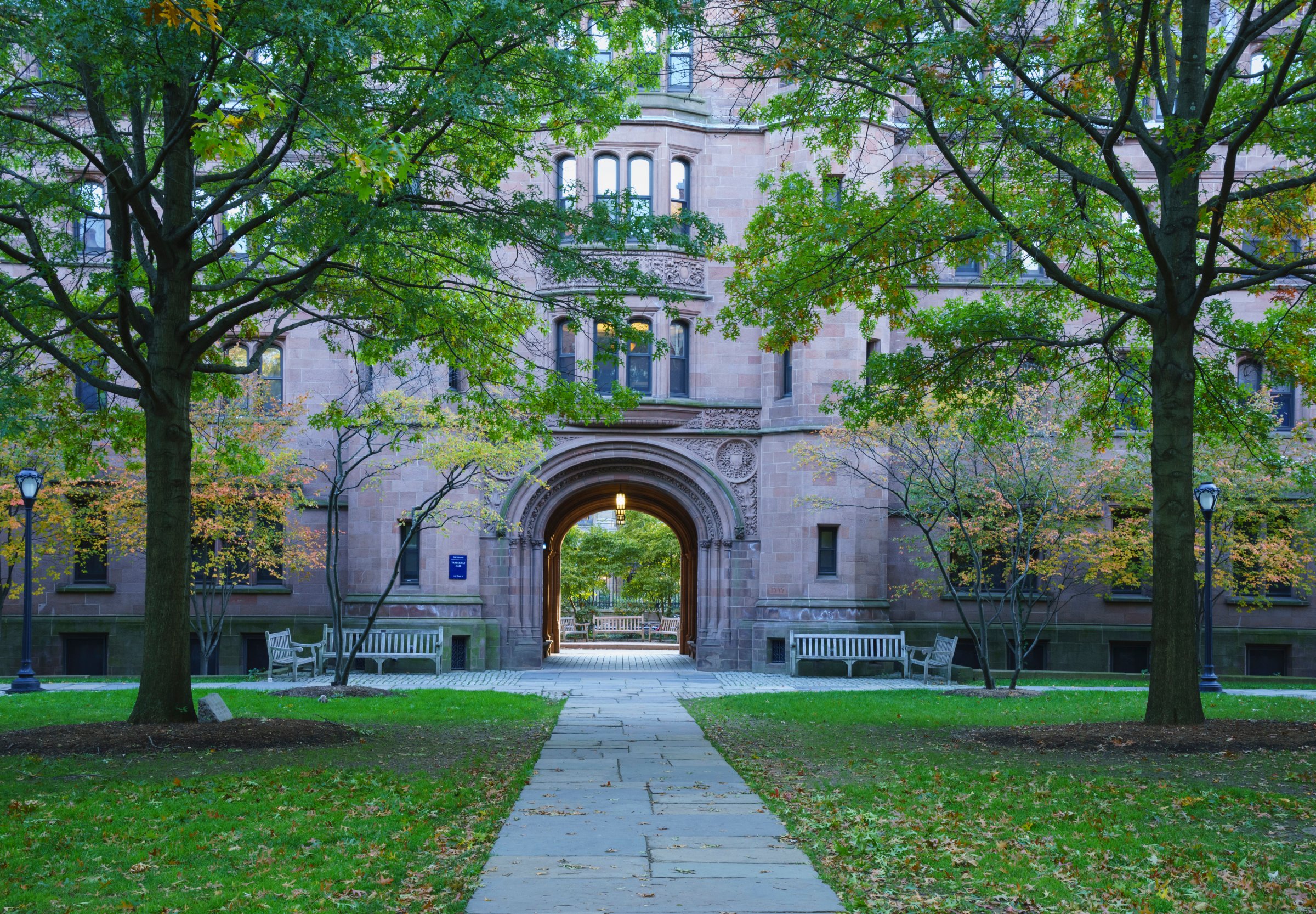
Each year, the Princeton Review compiles its extensive lists of higher education rankings across 382 colleges. While it’s helpful to consider some traditional measures of a college’s value (the standard of best classroom experience, for instance, goes to the U.S. Military Academy for 2018), the company also usefully breaks things down into 62 granular categories that should help students find a better fit. The results come from a survey of over 137,000 students nationwide.
For instance, the hardest studiers can apparently be found at California’s tiny Harvey Mudd College, one of the Claremont schools best known for its engineering programs. Meanwhile, according to the survey, the students who tend to lay off the books, are at St. John’s University in New York, where studying takes a backseat to other pursuits.
The happiest students are at Nashville’s Vanderbilt, an idyllic, 7,000-student campus in the heart of the south. On the other end of the spectrum, the U.S. Coast Guard Academy took the top slot for least-happy students. Looks like protecting the coasts comes at a cost.
But what about those campuses? For 2018, the Princeton Review has determined that the seaside University of California San Diego wins the pageant prize as beauty queen; given its Pacific Ocean views, warm weather, and a whimsical library designed by Theodore Geisel — also known as Dr. Seuss — it’s hard to argue. And it looks like the kids are hitting those books hard at Harvey Mudd for a reason, as their campus unfortunately tops the list as least-beautiful.
Finally, the ranking we’ve all been waiting for: party schools. This year, it’s Tulane University in New Orleans that snags the win, beating out West Virginia University, Bucknell, and Syracuse for the dubious crown of a debaucherous reputation. (University of Wisconsin-Madison slips to number five). Perhaps to no surprise, the Mormon-associated institution of Brigham Young University in Utah fills out the flip side as the most “stone cold sober” campus of the bunch.
The takeaway, perhaps, is that there’s a school for every student — and that it’s not always about a big-name brand. (Ivy League colleges don’t find themselves in any of the main lists for academics, quality of life, or financial aid, in fact.)
More Must-Reads from TIME
- Donald Trump Is TIME's 2024 Person of the Year
- Why We Chose Trump as Person of the Year
- Is Intermittent Fasting Good or Bad for You?
- The 100 Must-Read Books of 2024
- The 20 Best Christmas TV Episodes
- Column: If Optimism Feels Ridiculous Now, Try Hope
- The Future of Climate Action Is Trade Policy
- Merle Bombardieri Is Helping People Make the Baby Decision
Write to Raisa Bruner at raisa.bruner@time.com